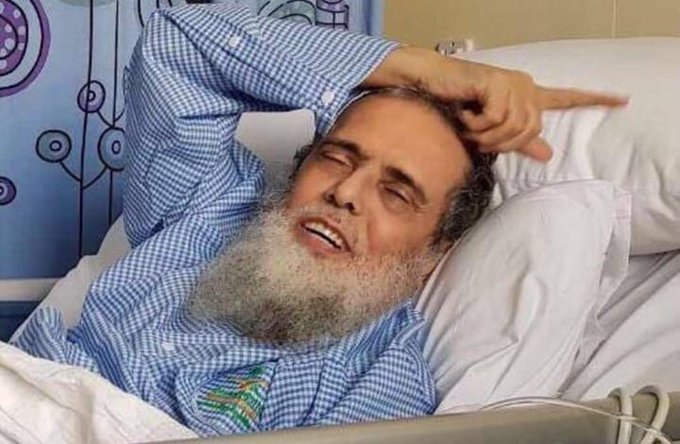The Kingdom of Saudi Arabia claims to be prioritizing disability rights, including as part of its Vision 2030 project. Nevertheless, the reality is very different. Although the Kingdom is party to the Convention on the Rights of Persons with Disabilities, little progress has been made to ensure the safety of disabled detainees. Globally, but especially in the Gulf countries, people with disabilities in detention are at a higher risk of discrimination, which leads to ill-treatment from prison staff. This is part of the widespread issue of medical neglect in Saudi prisons.
There have been reports of officials torturing prisoners with disabilities to achieve coerced confessions, which have led to permanent damage and worsened disabilities. In the most extreme cases, medical neglect and the mistreatment of people with disabilities have led to death. This abuse violates Article 15 of the Convention, which clearly states that they should not be “subjected to torture or to cruel, inhuman or degrading treatment or punishment”. Although there is no mention of disabled prisoners in the Convention, Article 1 states that the articles should apply to “all persons with disabilities” without discrimination.
Safar bin Abdulrahman al-Hawali, a 76-year-old Saudi scholar, is one of the many disabled prisoners who has been tortured and neglected in Saudi prisons. Al-Hawali has speech impediments due to having suffered several strokes, as well as renal failure which requires constant medical attention. He was arbitrarily detained on 12 July 2018 for publishing a book criticizing Crown Prince Mohammed bin Salman’s international policy choices.
During his time in prison, he has been routinely denied help with communication, which he requires for medical reasons, and has not been provided with adequate accommodations for his physical conditions. These mistreatments are in direct breach of Article 5(3) of the Convention, which demonstrates a clear violation of his human rights. Furthermore, as he was tried unlawfully under the Counter-Terrorism Act, he was also denied legal assistance because he was wrongfully deemed to be a terrorist. Therefore, not only was he wrongfully tried, but he is also being abused because of it.
The UN Committee on the Rights of Persons with Disabilities (CRPD) has recently condemned Saudi authorities for the arbitrary detention of the Saudi scholar. The Committee is specifically concerned about his prolonged solitary confinement. As a result, the UN experts on disabilities have called upon Saudi Arabia to immediately review his case by an independent and impartial tribunal, immediately cease any reprisals against him, and provide him with an effective remedy. They have stated that his isolation has “breached al-Hawali’s rights to freedom from torture or cruel, inhuman or degrading treatment or punishment”.
Although ECDHR welcomes the UN’s decision, it is long overdue. On 12 October 2020 Alkarama, a Swiss-based human rights NGO, and al-Hawali’s nephew submitted a complaint to CRPD. The Committee only released its decision on 15 April 2024, a full three and a half years after the complaint. In those years, Al-Hawali has undergone countless mistreatments which have deteriorated his already fragile physical and mental health.
At the time of writing, it has been almost a month since the decision and there has been no known progress towards Al-Hawali’s release. ECDHR demands that the Saudi government release him immediately and provide him with the medical care he requires. We also call on the Saudi Human Rights Commission to investigate all Saudi prisons to ensure that there are appropriate conditions, according to international standards, for prisoners with disabilities.
Saudi Arabia claims to be progressing disability rights in the country, but this must include the rights of detainees as well. Without the rights of all disabled people being upheld, the government will never reach its supposed goal. To do so, it must first and foremost re-evaluate its justice system to ensure fair trials and prison conditions for everyone. This includes providing legal assistance and banning coerced confessions.

